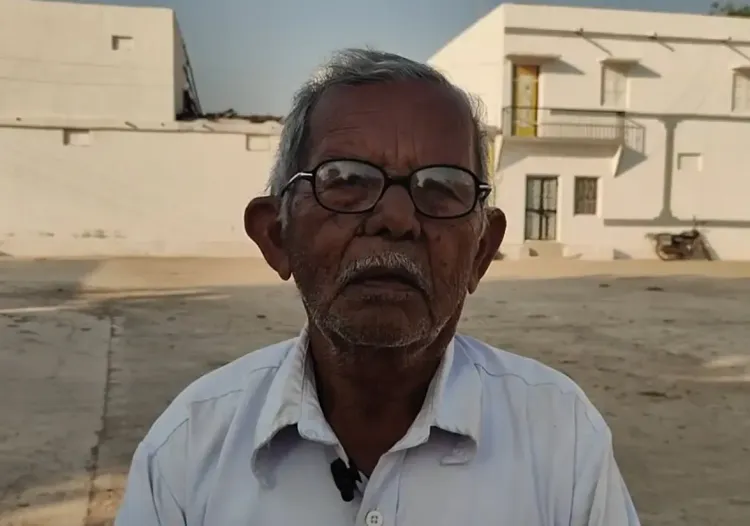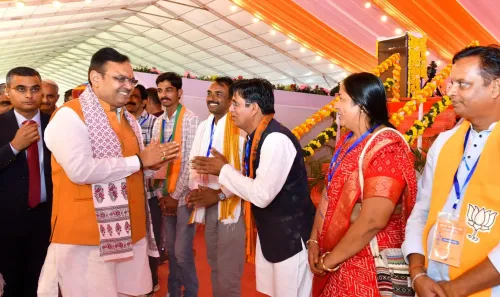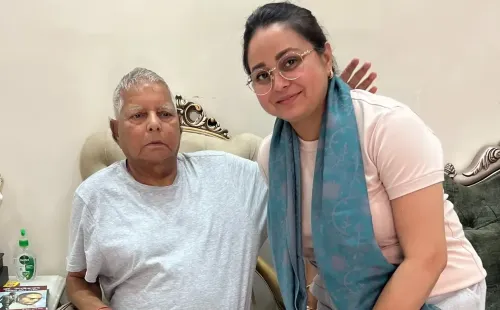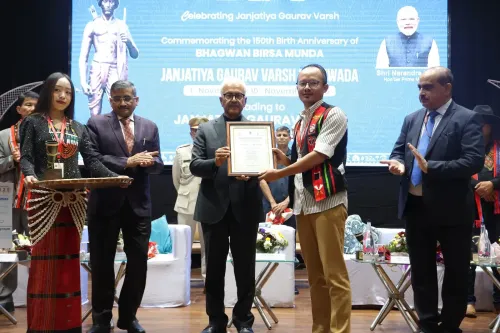How Did a Small Village in Amreli Become a Fully Solar-Powered Community?

Synopsis
Key Takeaways
- Dudhala is the first fully solar-powered village in Amreli.
- Each home has an individual solar installation.
- Residents enjoy zero electricity bills.
- Philanthropic efforts have made this transformation possible.
- Solar energy promotes sustainability and self-reliance.
Dhudhala, located in the Lathi taluka of Amreli district in Gujarat, has recently gained recognition as a remarkable model of sustainable living.
With over 2,000 residents and more than 400 households, Dudhala has accomplished what many rural areas only aspire to achieve—becoming a community entirely powered by solar energy.
Three years ago, every home in Dudhala was equipped with its own solar system installed on rooftops. Since that time, not a single household has incurred an electricity bill.
Appliances such as fans, lights, and refrigerators operate seamlessly, yet the monthly bill remains at zero. For the villagers, this represents a monumental change.
This significant transformation has been made possible largely due to the philanthropic efforts of Govindbhai Dholakia, an industrialist from Surat, who generously financed the solar installations throughout the village.
In contrast to grid-tied systems, each residence in Dudhala features an individual solar array, customized to meet the energy needs of the household.
A local resident, Ashokbhai Sheliya, reminisces about life before this change—electricity bills used to range between Rs 1,000 and Rs 1,500 monthly. Families were hesitant to use appliances due to the escalating costs. Now, he proudly states, “We use electricity without worry. For three years, our bill has been zero.”
Jayraj Barad shares his journey as well. After installing a 1 kW solar system on his roof, he hasn’t paid a single rupee in electricity bills for three years, and the surplus energy generated continues to accumulate as credit with PGVCL.
He firmly believes that if the government provides subsidies for such initiatives, all villages should consider adopting solar energy for sustainable long-term benefits.
The older generation in Dudhala takes pride in this achievement. Parsotambhai Barad notes that since the village transitioned to solar energy, no household has been billed for electricity, and homes with lower consumption even accumulate surplus credits. He affectionately refers to this as “a blessing of the sun.”
Dudhala now proudly stands as the first fully solar-powered village in Amreli district, serving as a beacon of innovation and self-sufficiency. The villagers enjoy uninterrupted, cost-free electricity, and this success has sparked discussions throughout the region.
If every village were to adopt a solar energy system like Dudhala's, rural communities could experience significant economic relief, environmental advantages, and true energy independence. The journey of Dudhala unequivocally demonstrates that when a community harnesses sunlight, it can illuminate its future.









